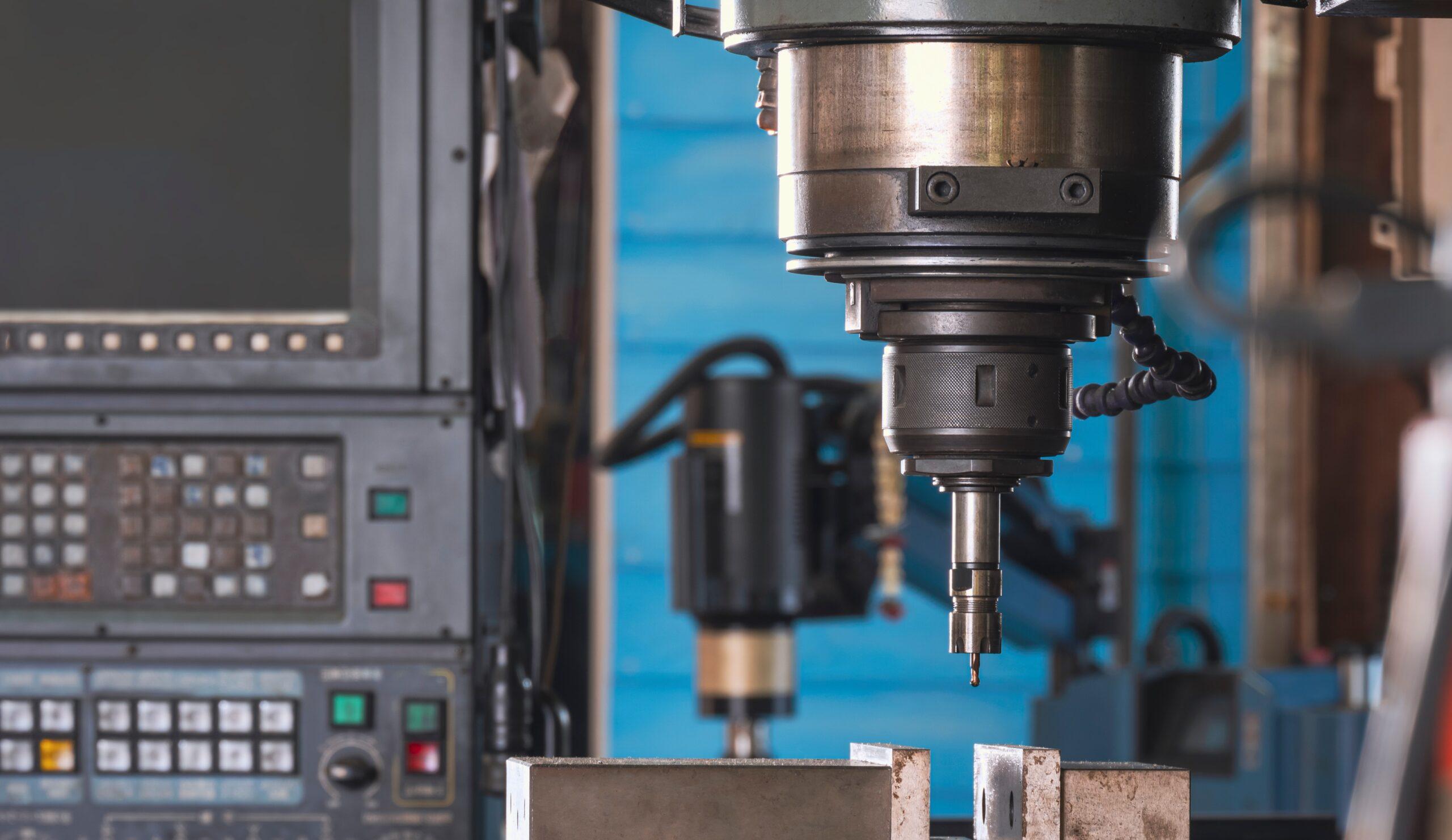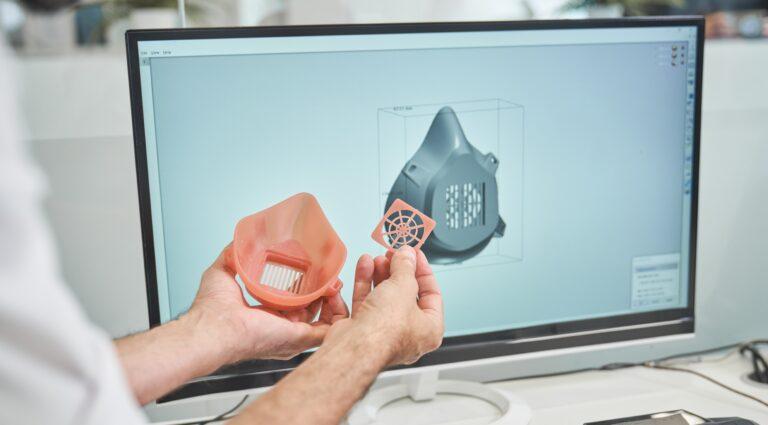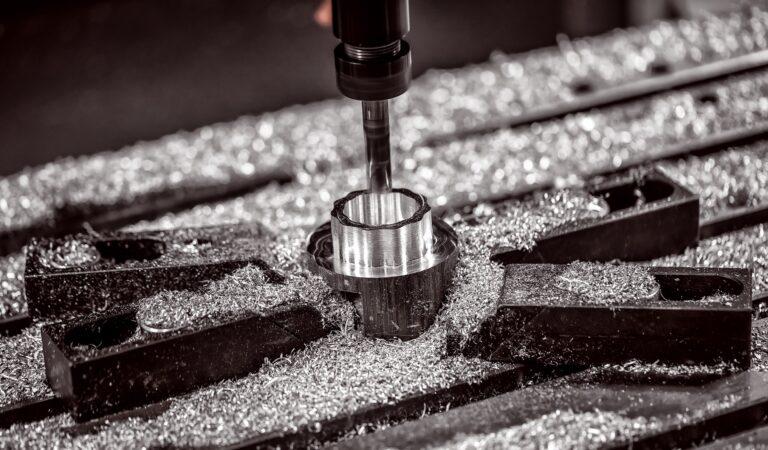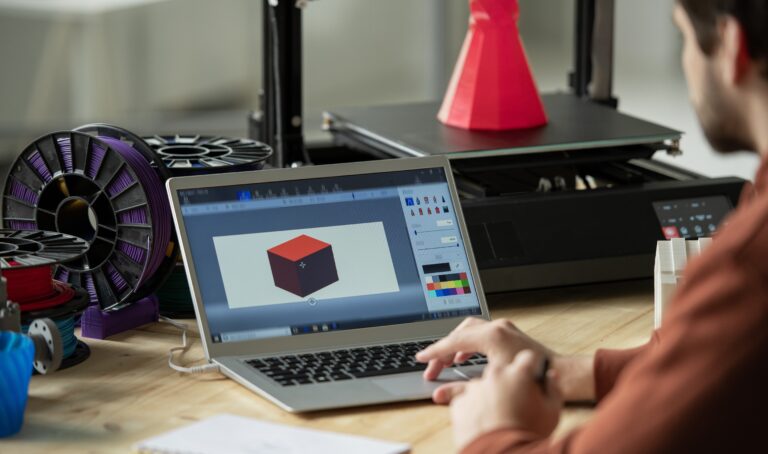In CNC machining, as in all manufacturing processes, it is essential to limit the complexity of procedures and tasks, eliminating all those elements that are not necessary to reduce production time and cost as much as possible.
One of the most common errors in this technology is the manufacturing of parts that are difficult to machine or with thin and high walls. On the other hand, embossed or small texts should also be avoided, as they tend to have an additional cost and the smaller they are, the more difficult it is to execute them.
Tolerances in CNC machining: How do they work?
In CNC machining, tolerances can be defined as the acceptable range in which a parameter can deviate from its intended value. In CNC machining, tolerances can be defined as the acceptable range in which a parameter can deviate from its intended value.
Tolerances in CNC machining can be used in two contexts. If we talk about CNC machines, this is the degree of dimensional accuracy that a machine can achieve when machining a part and is usually specified by the manufacturer. On the other hand, in terms of design, it is the acceptable range of variation in part dimensions that will continue to allow the functionality of the part.
There are different types of tolerances such as limit tolerances, unilateral and bilateral tolerances or a system of tolerances known as sizing.
In short, we can say that tolerances are an essential factor in the design of parts and prototypes. However, it is not necessary to tolerate all the features of a part, so to save time and costs in machining, it is advisable to apply tolerance only to the crucial features.
Surface finishing for CNC machining
Proto&Go! strongly recommends the application of surface finishing treatments on machined parts.
There are different types of finishes to improve the aesthetic finish of machined parts and even to provide other properties (such as protecting parts from oxidation or improving their strength).
In our finishing section you can discover all the available options: anodized, sandblasted, polished, blued, zinc plated, chrome plated, nickel plated, painted…
The Importance of Inspection Equipment in CNC Machining Processes
CNC machining has become an essential production technique in many industries. However, an important factor in this process is to ensure the production of high quality and precision parts. This requires specific inspection equipment for CNC machining.
Inspection equipment are tools used to measure and verify the accuracy of parts manufactured through the CNC machining process. They can include manual measuring tools, coordinate measuring machines (CMM), optical measuring machines (GOM)…
This inspection equipment is necessary to ensure that machined parts meet the required tolerances and specifications and are therefore in full working order.
At Proto&Go! we offer the best CNC machining service for your parts and prototypes. You can request your quote through our website quickly and easily.
What are you wating for? Request your quote now!





